0 comments
Australia is in the midst of a looming plastic crisis, as evidenced by the federal government’s passing of the first National Plastics Plan. The measure, aimed at reducing plastic usage and plastic waste across the country, is taking an astringent swipe at biodegradable plastic. But wait a minute, aren’t biodegradable plastics safe for the environment? Well, apparently not.
Why “biodegradable” plastics aren’t what they seem
“Biodegradable” plastics, or materials in general, should be made of plant-based agents - but this is not always the case. The term is often abused because no regulation oversees its commercial usage. This leaves manufacturers free to use the term liberally as a sales tactic, labelling goods as biodegradable when in reality, they don’t even come close to fitting the bill.
Most of these plastics claiming to be “biodegradable” are actually composed of traditional fossil-fuel plastics that do not decompose easily. Worse, some plastics, identified as ‘oxo-biodegradable’, break down into small fragments but still can be found in waterways, soil, and landfills. In general, the guarantee of “biodegradable” plastics decomposing over a shorter time should always be questioned. Their chemical components often outweigh the natural ones, making them highly durable but more difficult to break down.
Due to the lack of regulation and transparency, Euca never uses biodegradable plastics in its packaging. Plastic that breaks down in 200 years vs 500 years is, in our view, not a sustainable alternative.
Beware of “compostable” plastics too
Similarly to biodegradable plastics, plastics labelled “compostable” should be taken with a very generous pinch of salt. That being said, there are certification standards around compostable materials, so the term tends to be more regulated than “biodegradable”.
Decomposition remains a struggle for both biodegradable and compostable plastics. Most certified compostable plastics work only for industrial composts, which require higher temperatures. This often means they won’t break down in home composts – sometimes even the ones labelled as ‘home compostable’ plastics. Facilities that house and compost these plastics are also not on par with their massive production output. Further, the majority of kerbside organic recycling bins do not currently accept compostable plastics as they can cause contamination.
When these plastics end up in landfill, they are more toxic than their biodegradable counterparts. This is because they could release methane, a much more potent greenhouse gas than carbon dioxide. Our advice is not to use these plastics without any collection facility in place should they be left unused.
Euca currently uses compostable bags in our eco refill boxes. We have trialed and tested the material we use and were able to verify that it does break down in soil over a few months. However, the time it takes to completely return to soil is longer than we were quoted by our supplier which does not sit well with us. This is why councils don’t allow compostable plastics in green waste as of yet.
Following on from this, these compostable plastic bags are quite porous. Unfortunately, this allows some of our ingredients to evaporate through the bag, namely essential oils. This process happens slowly over time, so the quality of your product shouldn’t have been compromised. We ran some tests and discovered that Euca powders stored in areas exposed to heat and light had lost a significant amount of oil and fragrance, which can impact its performance. So, after much deliberation, we have made the decision to revert to an LDPE recycle #2 plastic bag to keep Euca fresher for longer. Of course, the benefit here is that recycle #2 is readily accepted by local councils for recycling. Though we were initially disappointed to have to make this switch given our eco-friendly ethos, the reality is that compostable plastic has a long way to go before we are convinced of its environmental viability.
Is recycling helpful?
Recycling is one of the best ways to reduce your carbon footprint. Unfortunately though, it is not practiced to its full extent. Only an estimated 9% of plastics worldwide, and 18% in Australia, are actually recycled. Sadly, this means most of them end up in landfills or worse – our precious oceans.
In Australia, although our recycling system works well, there are some issues that still need to be addressed. As mentioned earlier, most plastic products cannot be recycled in kerbside bins, from large bags and cling films to small bottle lids and straws. Disposing of these items here could potentially lead to contamination and damage to sorting machines.
Another point to consider is the reality that even recycling itself cannot attract high value ‘end markets’. Only two types of plastic - PET (soft drink bottles or detergent containers) and HDPE (milk bottles, shampoo/conditioner bottles) can be transformed into new plastic containers. The rest go to ‘mixed plastics’ where they are exported overseas due to lack of demand.
Taking action
While many of these issues call for state intervention, this is not to say you can’t start making a difference right here, right now. Small changes add up, and a collective effort is ultimately what is going to sustain our planet. By simply remembering to bring your reusable bottles, coffee cups, cutlery and other items every morning, you can reduce your contribution to the problem significantly. Choosing plastic made from recycled materials can also make a big impact.
At Euca, we are committed to reducing our plastic waste. Our cardboard 15lt Eco Boxes are an environmentally viable alternative to plastic drums in packaging laundry products and home cleaning agents. And of course, what’s on the inside counts too. The Euca range is made using natural, sustainably sourced ingredients that are tough on dirt but kind to our environment. If you’re looking to make the switch, shop our full eco-friendly range today at our online store www.eucaonline.com.au.
And if you have any thoughts, comments or feedback to share regarding this important topic, we would love to hear from you. Let us know how you feel about our switch back to recycle #2 plastic bags from “compostable” plastic bags. Like we said, this was not a decision taken lightly but it is, in our view, the most environmentally friendly option at our disposal for now.



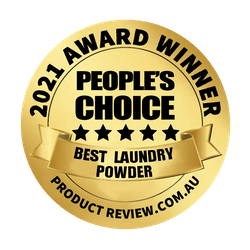
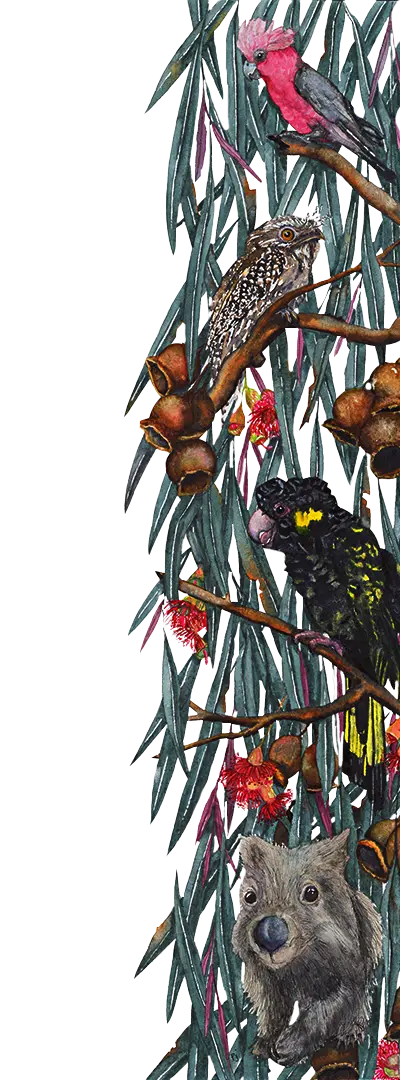


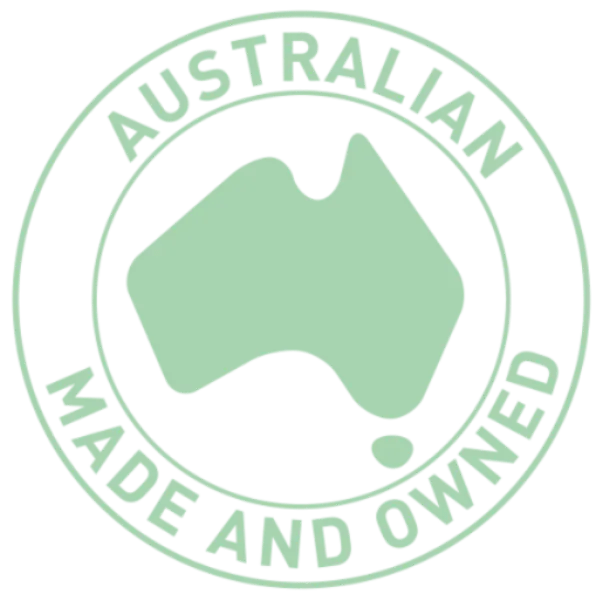




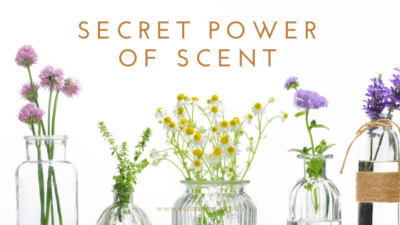

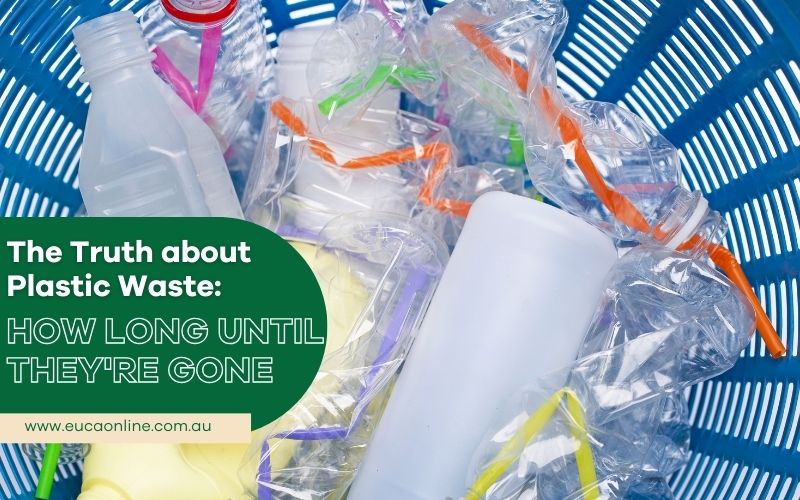
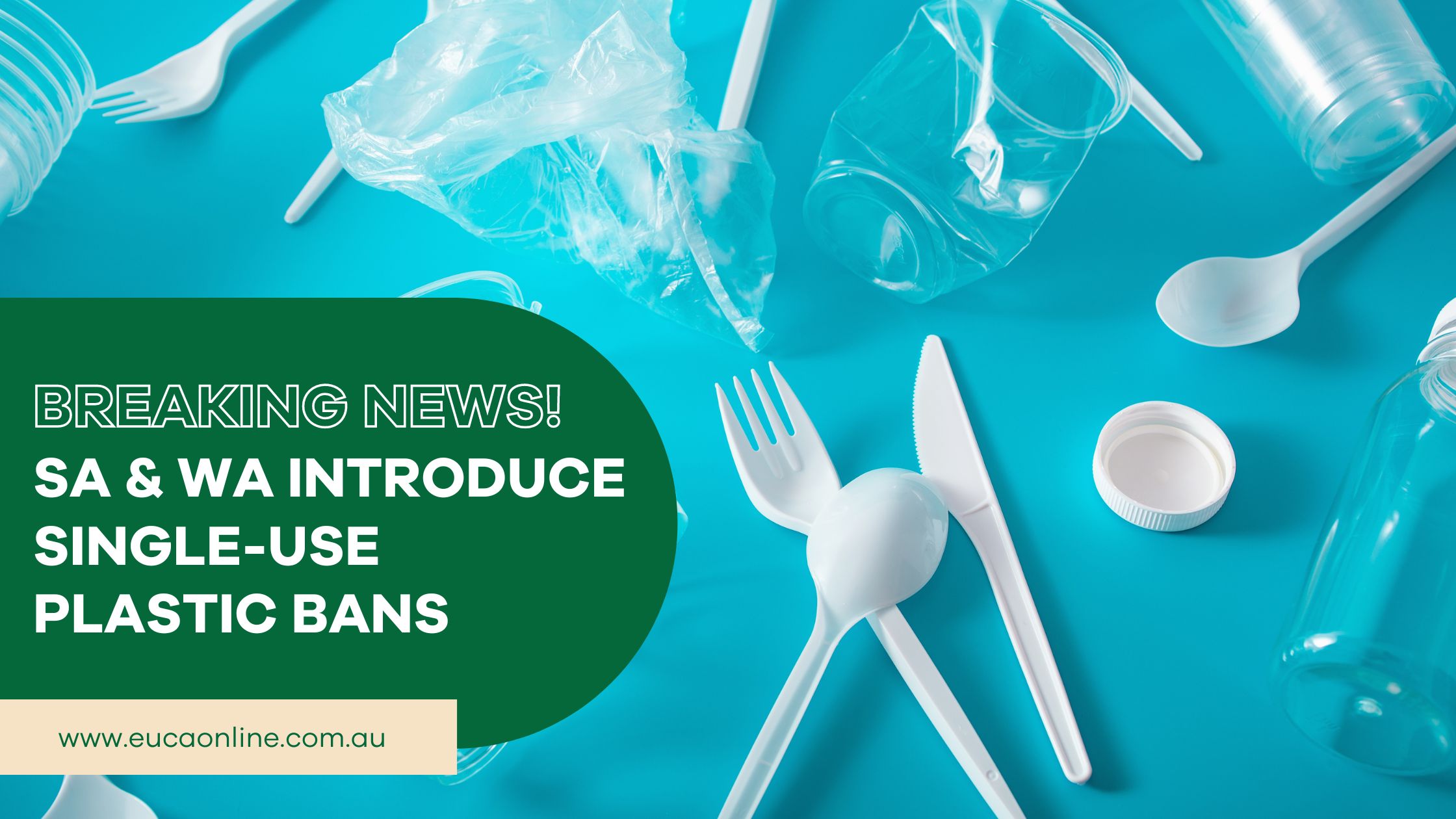
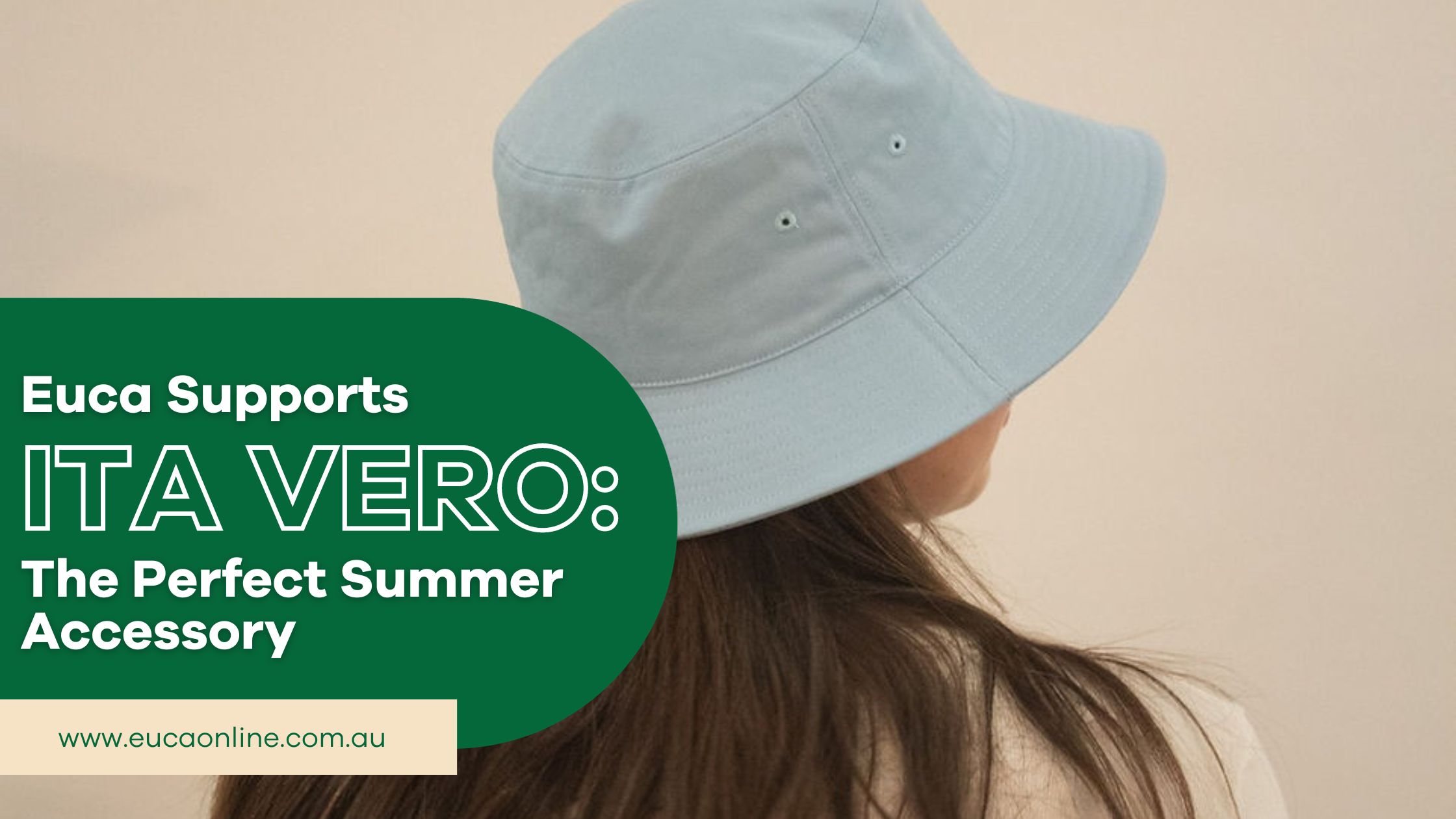

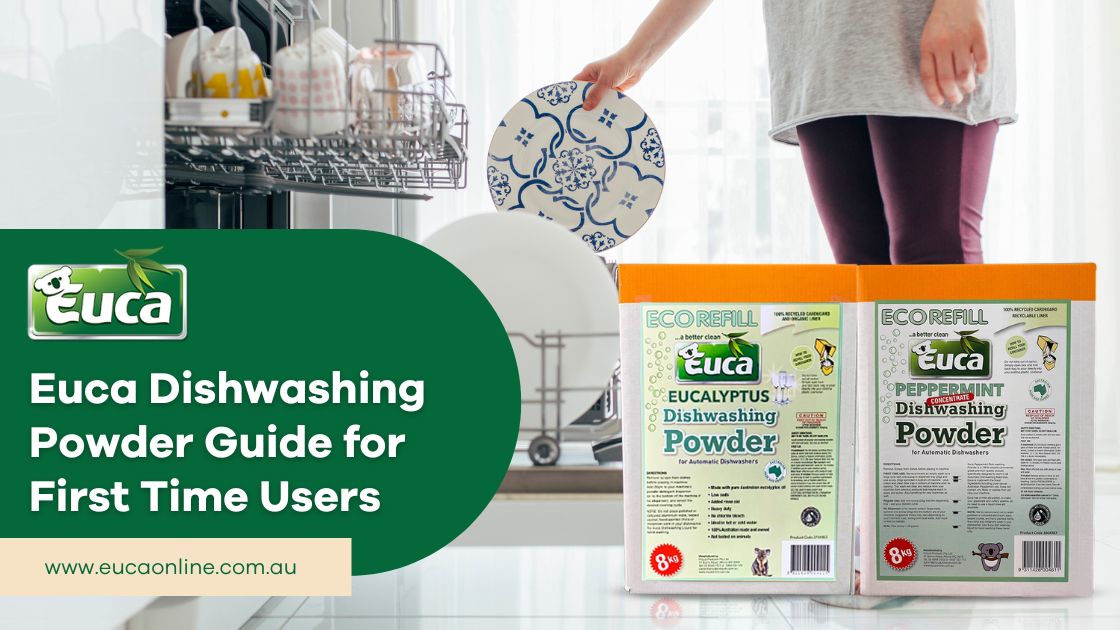















Write a comment